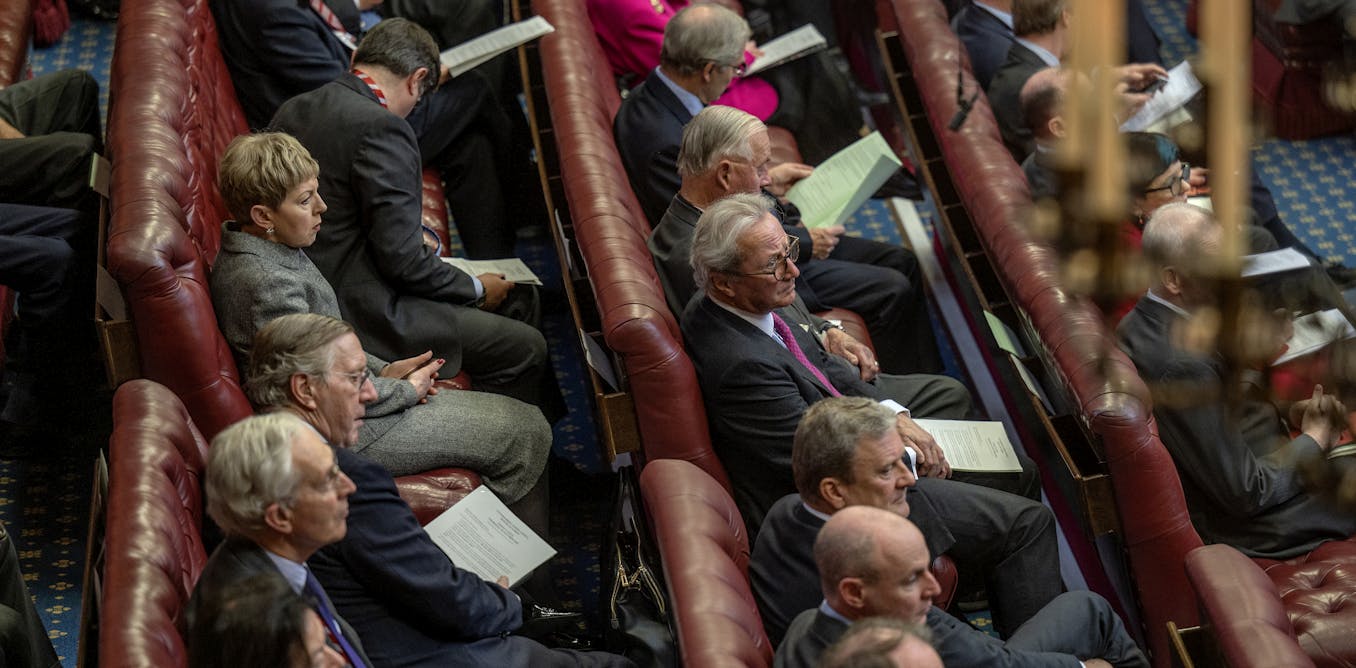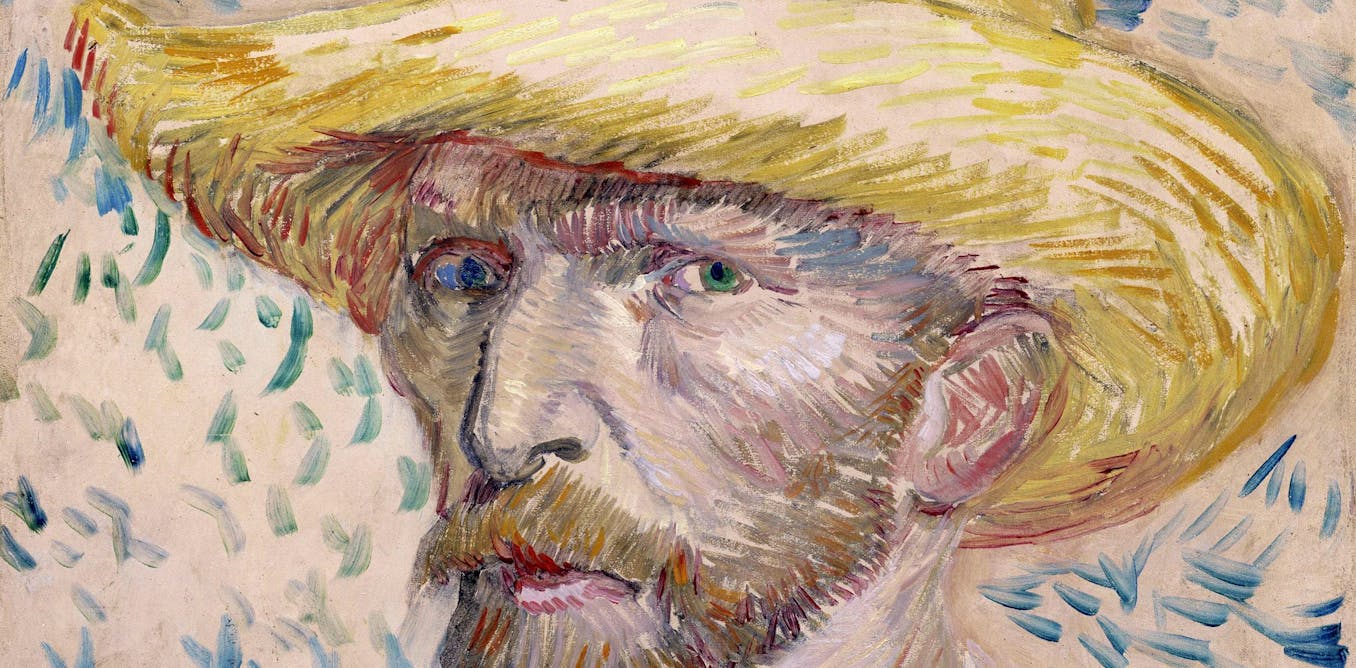I recently did something for the first time: I hit “No tip” on the iPad payment system at a local coffee shop when it prompted me to add a 20% tip for a $5 coffee. Although I always tip well at restaurants, I feel tipping culture has gotten out of control over the past several years in the US. I know the economy is bad. But should that be passed off to the customer? Shouldn’t the shop owner pay better wages instead of creating an awkward guilt-trip situation? Or, instead of breaking the social norm of tipping, should I just stop patronizing these shops if I disagree with their philosophy on tipping?
– Steve, St. Louis
This is quite the poisoned chalice you’ve handed me, Steve. On the one hand, this is a near-perfect Everyday Philosophy question — it’s an opportunity to unpack the deeper aspects of a relatable, everyday activity. On the other hand, I’m British. Everything I write here will be open to the ad hominem chorus of “you don’t understand what it’s like.” And, a logical fallacy it may be, there’s an iota of truth to that. I don’t understand what it’s like. Tipping is just as much a part of American culture as rodeos, McMansions, and “creamer” in coffee. I squint and try to understand it, but it remains alien to me. But, ever one to boldly go, I’ll give it a crack.
I think Steve has done the hard work for me here because the debate comes down to rival positions on why we tip. First, there is the idea that we tip on the condition of good service — we reward good service and tip to promote a culture of good service. Second is the idea that tipping is just a social norm. It’s part of the American way of doing things. If you’re a good American, you tip. If you don’t tip, you should probably hand over your passport.
So, to answer Steve, we’ll run his dilemma through the organ grinder of both positions and try to come to some conclusion to balm his raw, worn conscience.
The conditional tip
As a curious aside, we don’t entirely know the etymology of “tip” to mean “gifting extra money.” We know that, in 18th-century English slang, it was being used as a catchall for “to give” (which is why you can give someone a tip about a good bet, for example), but we don’t know how it got there in the first place. The story that “tip” is an acronym for “to ensure promptness” is a great parlor story but, sadly, it’s just a story with no evidence.
The moral justification for tipping is that it promotes a culture of good service, allows the worker to keep their job, allows the business to keep prices low, and ultimately improves the overall health of the economy. So, when Steve says, “Shouldn’t the shop owner pay better wages?” he has a point. But that’s not how the US tipping system works. Tipping is deliberately designed to keep prices low by passing the burden of service workers’ salaries onto the service user, i.e., Steve.
The principal point of that rationale is to incentivize good service. Service workers will work harder, faster, and happier if they know they will get a hefty pay bonus for doing so. In this sense, it’s a kind of unspoken contract (sometimes, an actual contract) between employer and employee. A boss says, “I pay you $10 an hour, but you could get an extra $20 if you work hard.” If, then, a worker doesn’t work hard, then the corollary of that is they are not entitled to their tip.
But Steve’s problem seems to center on a change of social contract. He’s complaining about “tipping creep”: People who previously didn’t need or ask for tips — it’s reasonable to argue that a barista filling a cup with coffee doesn’t perform the same extent of services as, say, a waiter typically does — are suddenly wielding tip-ready iPads and directing their best ingratiating smiles at you while you’re forced to choose between 15%, 20%, 25%, or nothing. All while a line of your fellow patrons stands behind you, potentially watching you make your decision. It’s a bit different than signing a check in the privacy of your table.
So I have to read between the lines with Steve’s question and assume he probably didn’t deem the coffee creation to be that hard of a task, and therefore it didn’t deserve the same 20% tipping custom that is the norm in US restaurants. Add to that the fact that the cup of coffee is already relatively expensive. Tipping, in his mind, is likely conditional — not only on service but also on the price of the good and the inherent difficulty of the task itself, regardless of the quality of how the service worker performed it.
The performative tip
The “conditional tip” is rational. Steve’s non-tip makes sense if we actually dive into the reasons and motivations for a tipping culture in the first place. In this case, there is something of an “awkward guilt trip.” The barista obviously noticed the tip amount. And people in the line behind Steve likely tutted. Some might even call him a jerk. When he gets home and tells his dad about his no-tip, his dad might walk out of the room in shame. He didn’t raise a non-tipper.
Tipping is not simply a system with definable rules but a culture. This is seen most starkly in the seemingly random list of whom to tip and whom not to tip. People tip waiters and waitresses, cab drivers, bartenders, and porters, but not flight attendants, retail clerks, or gas station attendants. Why? What logic dictates either? Arguably, a flight attendant will do just as much for you as a bartender, and a retail clerk at the store will devote just as much time to you as a waiter. As the philosopher Mark Maller put it, “I do not argue that these workers shouldn’t receive tips, but that the entire custom is grounded purely and solely on tradition (including implied expectation), not on moral obligation, duty, or right.” In other words, there is no rhyme or reason to the tipping process other than simply tradition. But that doesn’t mean it’s unimportant.
So, Steve, the question now becomes a personal one and not a moral one. Social convention or mass agreement certainly doesn’t make a thing right or wrong — I’ll try and go at least one article without mentioning Nazi Germany — but the convention does have a certain motivational kick to it. Most people don’t want to be ostracized and isolated. No one wants to be mocked and outcast as a deviant. And if Steve cares about his social reputation, then he might consider tipping, whatever his personal objections.
Tipping the scales
The question is therefore reduced to a kind of scale. On one side we have the rules of the tipping system — however odd they may be — and on the other side, we have the beady, judgmental eyes of a culture that expects you to do your duty.
Accepting that, let’s zoom in a bit on Steve’s specific example. Tapping an iPad is a small act — and a potentially concealable act — and the coffee shop is, we assume, full of strangers. The social pressure and the weight on the scale are small. But, on the other scale, his not tipping might leave a message. It might prompt, in some tiny way, a kind of protest against the peculiar and arbitrary demands of a tipping system heading into excess. So, with those assumptions, I’m inclined to say that Steve is right in this instance not to tip.
But then, I’m British, so I probably got it wrong.
This article Everyday Philosophy: I didn’t tip for a $5 cup of coffee. Was I wrong? is featured on Big Think.

The post “Everyday Philosophy: I didn’t tip for a $5 cup of coffee. Was I wrong?” by Jonny Thomson was published on 09/27/2024 by bigthink.com




































Leave a Reply